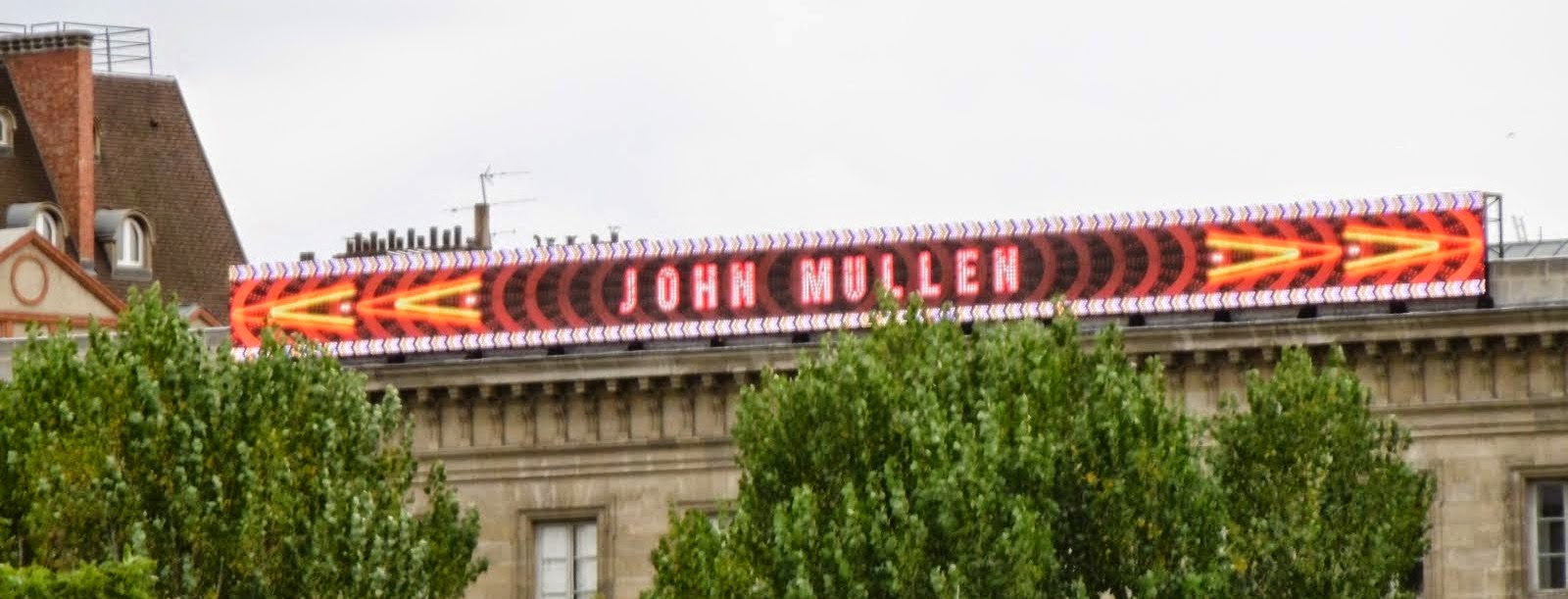Why aren't electric vehicles catching on?
Diesel fuel gives off much of the fine particle pollution. So
why is it still massively dominant when we move around? What is happening with
electric alternatives?
The statistics are stark: diesel is still massively dominant in
our transport of people. According to one study, carried out in July 2012 by
Airparif, the organization which monitors air quality in the Paris region, it
is responsible for 89% of the fine particle pollution measured on the Boulevard
Haussmann, in the heart of Paris.
Why, then, has the electric revolution not happened in the
transporting of people? The Nouvel Observateur looks at the present situation.
Electric buses: just two minibuses
The Paris region's fleet of buses currently counts 9 000
vehicles. Among them, one can find two electric minibuses, called
"traverses". A tiny number. Why is this?
The main hurdle is the battery. We don't yet know how to run a
twelve ton vehicle using electricity. The only option would be to recharge it
at every bus stop, which is completely impracticable.
Green taxis: hybrids are the best we can manage.
If batteries remain a problem for designers of electric buses,
this difficulty has been solved
for electric cars. So what are the taxis waiting for? Of the
three thousand vehicles in the Taxis bleus fleet, only 500 are green. Electric
cars are not felt to be powerful enough.
Electric scooters: so near and yet so far
The Paris town council's offer to refund a third of the purchase
price of a new electric scooter, up to a limit of 400 euros for each buyer,
seems to have been in vain: sales of such scooters have not taken off. There
are two reasons for this: prices remain high, and the scooters are not well
known and don't seem attractive. The Paris mayor's Head of Transport and Public
Spaces is nevertheless hoping that prejudices will fade when the new scoot'lib
scheme of take-and-replace self-service scooter hire comes into operation. The
scheme is already in place in San Francisco and in Barcelona, and could come to
Paris as early as 2015
Le Nouvel Observateur

No comments:
Post a Comment